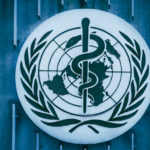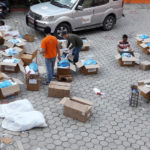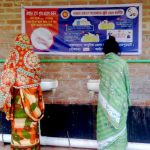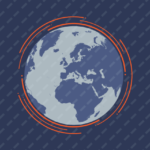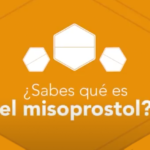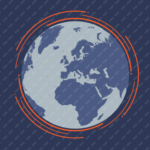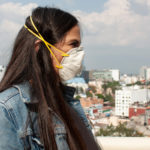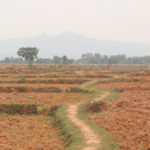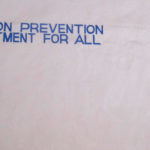
If you haven’t heard of Dr. Tlaleng Mofokeng—known popularly as Dr T—you have somehow missed her ubiquitous presence on radio, TV, social media and numerous other platforms. She’s a medical doctor, sex expert and health activist. She’s a member of the South Africa Commission on Gender Equality and was recently appointed as United Nations Special Rapporteur on the Right to Health. Dr. Mofokeng is also the author of A Guide to Sexual Health and Pleasure. She took time from her busy schedule to field some questions from Ipas.
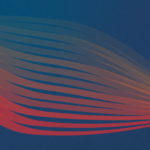
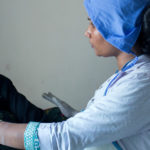
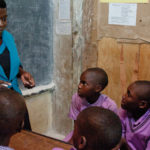
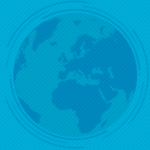
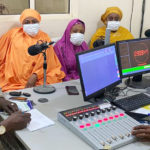
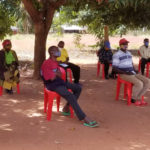
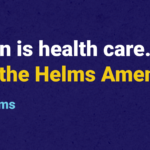
The Abortion is Health Care Everywhere Act, first introduced in the U.S. Congress on July 29, 2020 by Democratic Representative Jan Schakowsky of Illinois, would repeal the Helms Amendment—a racist policy that for nearly 50 years has denied access to abortion services to Black and brown women living in low- and middle-income countries.
